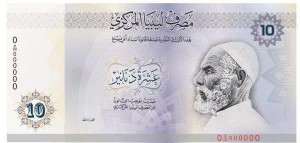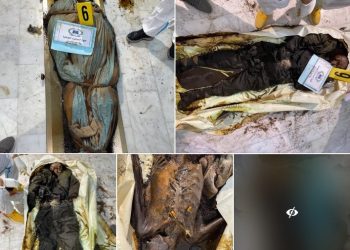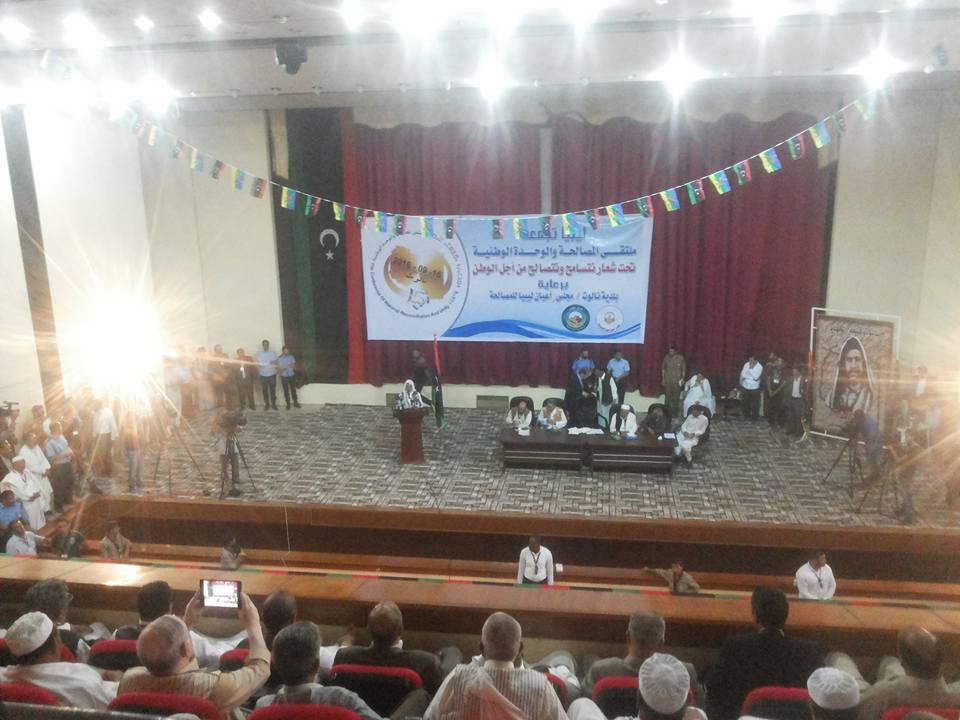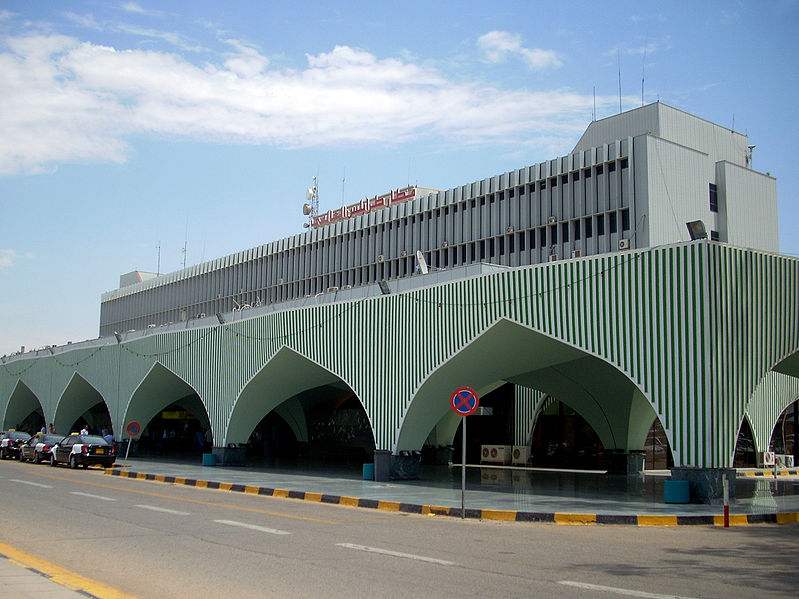By Sami Zaptia.

London, 17 September 2016:
The Libyan dinar gained overnight value against foreign currencies on the black market in Libya as a result of the takeover of the eastern oilfields by Khalifa Hafter and his Libyan National Army from local strongman Ibrahim Jadhran and his division of the Petroleum Facilities Guards.
On Thursday the dinar had regained value against the US dollar from a high of LD 5.12 per dollar down to LD 4.12. Yesterday, the dollar was selling for as low as LD 4.30 against the dollar.
One downcast money exchanger in Tripoli told Libya Herald on condition of anonymity that it was the ‘’suddenness in the dinar’s gain in value that had hit money exchangers badly. Exchangers are currently selling only. No one is buying dollars’’, he explained.
‘‘It is not clear at what price the exchange rate will settle. No one knows what’s happening. There have been big losses suffered by exchangers’’, he revealed.
‘‘Hafter, the oilfield takeover, the NOC taking control of the oilfields, the commencement of exports and reports that ENI was back in Libya, were the contributing factors to the dinar gaining in value suddenly’’, he explained.
‘‘It was all very unexpected’’, he lamented. ‘‘Money sellers were unable to get rid of their dollars. We were all settled on the dollar selling at around LD 5, then Hafter came out of the blue’’, the downbeat foreign currency seller added.
It will be recalled that on 2 April this year, three days after the Tripoli arrival of Faiez Serraj and his PC/GNA by boat at the Bu Sitta Naval Base, the dollar was exchanging on the black market for as low as LD 2.70.
Moreover, since the arrival of the Serraj PC/GNA. inflation, high prices, power cuts, high crime and kidnappings, cash shortage at banks, medicine and services shortages, petrol and cooking gas shortages have either continued or been on the rise.
It will be recalled that when speaking to foreign exchange dealers in Tripoli in July, the sentiment was that the dinar had continued to lose value due to a lack of confidence in the political process and the Serraj-led PC/GNA.
Applying the same logic and market psychology, the sudden gain in the dinar’s value can be seen as a relative sign of increased clarity and stability in Libya – not as a result of any action or policy by Serraj and his PC/GNA, but despite them.
The message to the black market foreign exchange dealers that Libya’s eastern oilfields were ‘’liberated’’ from Jadhran and under the control of the National Oil Corporation heralded more oil exports and more foreign exchange being offered by the Central Bank of Libya onto the market at the official rate. This would undermine the black market value of foreign currency and enhancing the value of the dinar.










